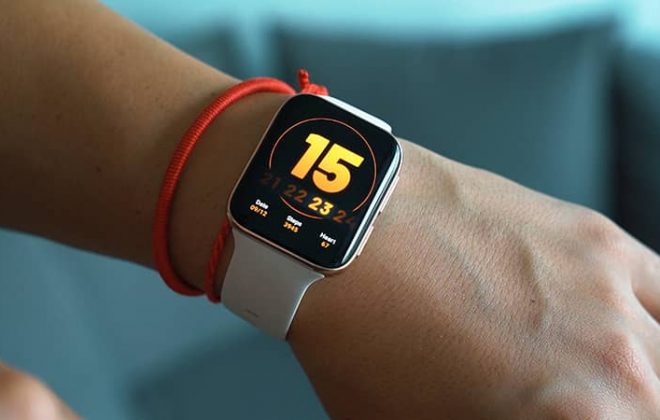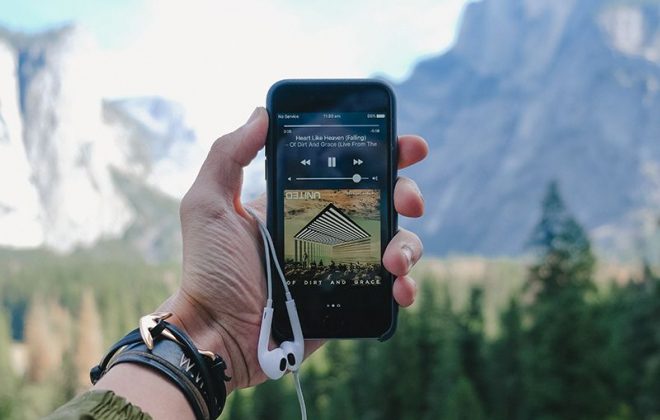Early Morning Training – Athlete’s Secret Time Management Weapon
I wasn’t a morning person until one completely packed day that changed my thinking. It was a stressful day, but there was virtually no time to take a rest or squeeze in a workout. The only option left was to make an early morning training session before all the extravaganza begins.
I still remember waking up just after 4, having a quick half-asleep breakfast and taking my kayak at the crack of dawn for a 1.5-hour session. It was very exciting, but I was still nervous if I have enough time for everything that day.
The moment I started my session everything began to change. Suddenly, all the haste started to subside and slowly I became very calm.
After 15 or 20 minutes my mind got quiet and I have even stopped thinking of what I had to do throughout the day. It was pure joy.

The best things was that I was able to carry that feeling with me throughout the day. I maintained peace, good sense of humor and generally was in a very good mood, despite the stress.
I came a long way since that day. Though still exciting, waking up early is no longer a problem for me. And early morning training has become an almost daily practice of mine.
Early morning training
It turns out many athletes and famous people schedule their training early in the morning.
Some use it as a time management solution, others feel they have more energy early on in the day. There also seems to be a growing number of people (myself included) who see it as a time for meditation and brainstorming.
And it makes so much sense. As you wake up the brain is least cluttered and most creative ideas and outside-the-box solutions pop up.
A great bonus is that early in the morning everyone is asleep and there’s nobody who can bother you. It’s like spending time with yourself and accomplishing everything that you don’t have time for during the day.
There is always a high chance that something will come up in the afternoon and good practices are usually the first ones to go.
Early morning training eliminates that.
The reason why I was able to maintain energy during that stressful day is because I had nothing more planned for the evening. I did not feel bad about missing something. My evening was free and I looked forward to relaxing instead of a long training session.
What does the research say?
In fact, even if you’re not pursuing athletic goals, research suggests that morning exercise might reduce a person’s risk of stroke or coronary heart disease. Compared to exercising later in the day.
In the study, those who were most active in the early morning (before 8am) or late morning (8-11am) had 11 percent and 16 percent (respectively) lower risks of incident coronary artery disease. Those who were most active in the late morning had a 17% decreased risk of incident stroke.
Now that’s a good reason to get your morning exercise, isn’t it?
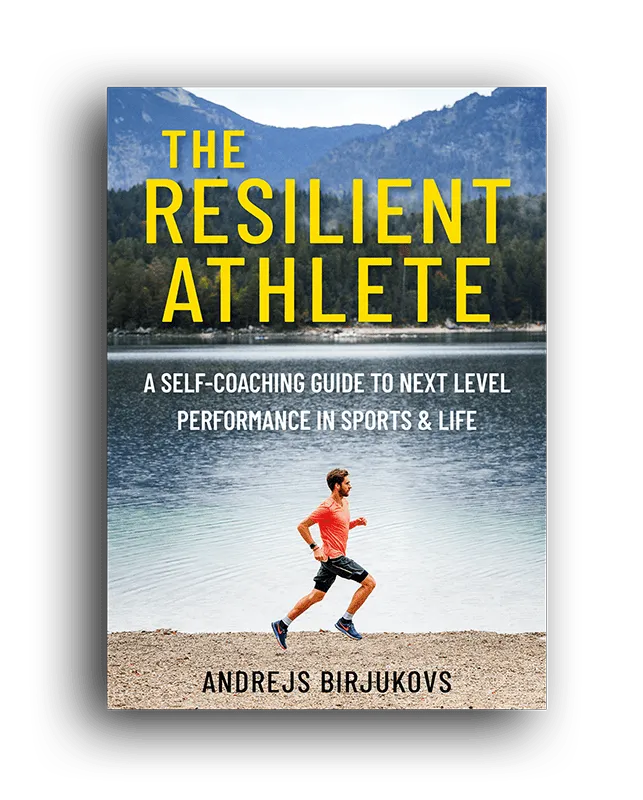
The Resilient Athlete
A Self-Coaching Guide to Next Level Performance in Sports & Life
Are you aiming to become a resilient athlete who is able to withstand any pressure? Be able to jump on any opportunity? Take any challenge life throws at you head on?
Then this book is for you.
Learn moreMy early morning training tips
I know, people would say there are morning and night people. But I was as far from a morning person as I could imagine. I would stay up past midnight and wake up only 30 minutes before I had to leave.
As I had more and more commitments I started to test out waking up earlier – sometimes for a week, sometimes for a month. Over time I did re-consider my habits and now I can’t wait to jump out of bed before dawn.
I would even go as far as saying it’s the most valuable practice I do to stay productive.

Here are some of the habits that helped me get started.
Create a schedule and stick to it
The first one’s a biggie.
The single most important thing to ensure you wake up early every day is to go to sleep early. Sure, you can wake up tomorrow at 5 am and survive on 4 hours of sleep. But 2-3 days like that and you’ll be stressed, tired and angry.
Instead, subtract 7-8 hours of sleep from when you plan to wake up and make it a priority to go to sleep then. For instance, if you plan to wake up before 6, set a goal to go to sleep no longer than 10pm.
It will take some getting used to, so bring the bedtime hour down gradually over several week. 10 minutes earlier every day would be perfect.
Get organized
Going for a run or even a yoga session is rarely the first thing you think of once you wake up. I’ve been there.
To avoid thoughts that would keep me in bed for longer than I’d want to, I try to automate the morning. That includes preparing the clothes I’ll wear the night before and have a routine for the first 30 minutes of the day.
It takes time for the brain to power on, so having a plan helps you keep yourself on track when brain is still in standby mode.
Take it easy
While morning is when physical energy is at its peak, scheduling an intense session right after waking up is not a good idea. Hard efforts on empty stomach will only put unnecessary stress on the body.
Instead, it’s best to stick to Zones 1 and 2 and think of it like a long warmup for the day. Or factor in at least 1.5 hours to eat a proper breakfast and digest the food for a more intense session.
You’ll be surprised how consistent easy early morning training will improve your aerobic base over time.
Related: 5 Heart Rate Training Zones – Guide To Maximum Endurance Gains
Remember to drink plenty of water and have a nutritious breakfast at the ready once you complete workout. After 7-8 hours of fasting and a training session on top your body will demand some good food.
Did you find this information useful? Share the post with others using the buttons below.
My first marathon training update
Update: I ran my first marathon and it was a roller coaster of emotions. Read my race report here, if you’re interested.
Another couple of weeks of solid training are in the books. It’s good to be back to extensive training and spend more time outside.
Last week I did a total of 13 hours of training, which I haven’t done in a while. Apart from running, I did 2 strength training sessions, 3 morning swims and even went kayaking.
It’s challenging to include so much training into a normal work schedule, to say the least. As you might have guessed from this post, I do most of the sessions in the morning and during the weekends to keep my evenings as free as possible.
With so much training, however, there’s no other way than to have 2 sessions in a day. In such cases, I like to shift intensity between morning and evening sessions. Sometimes I do harder intervals in the morning, but sometimes I use morning for easy exercising.
My training progression
My training is still heavily in the aerobic zone with only a small fraction of faster intervals (both long and short). For me it’s more important to have a solid aerobic base and muscles that can sustain prolonged hours of exercise than speed.
After all, long races like marathon have to be done at lower intensity, so most of the training has to be focused on improving running efficiency and maintaining a steady pace.
Lately I started to feel that my legs are getting tighter from running every day, which is why I’m adding more swimming and kayaking to take some stress away from lower body. I’m planning to reduce the intensity during the next week to allow the muscles to recover.
Until then, happy training!
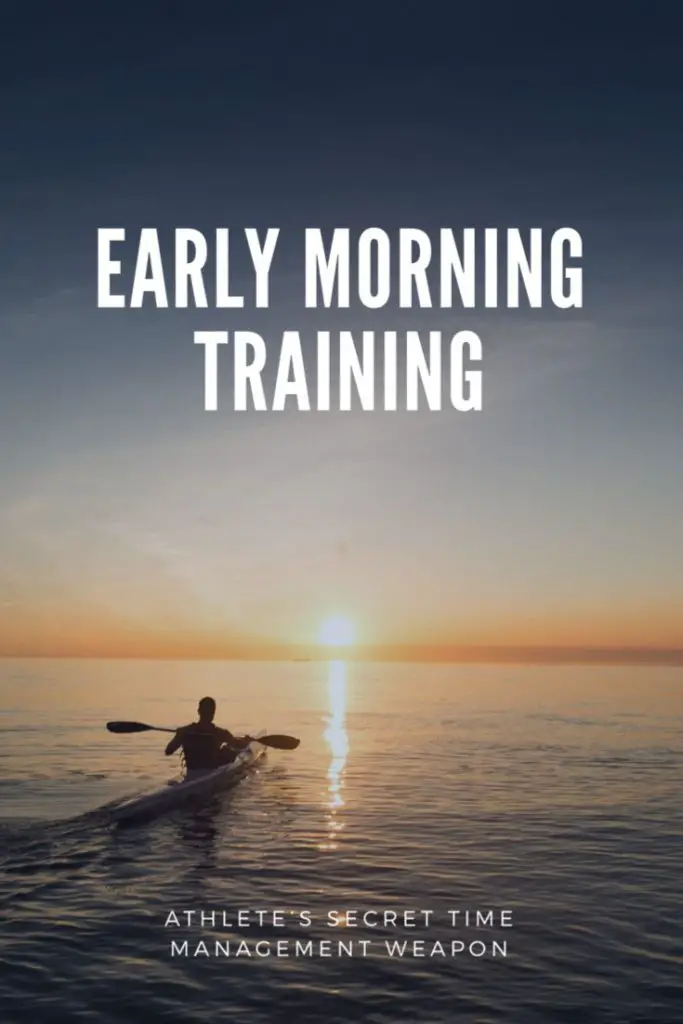
Have an opinion? Share via links below and tag @theathleteblog
Tags In
Andrejs Birjukovs
GET A FREE TRAINING PLAN
Subscribe to my email list and get access to a free 4-week “back in shape” training plan
You’ll also get two full-body strength sessions and some other goodies!
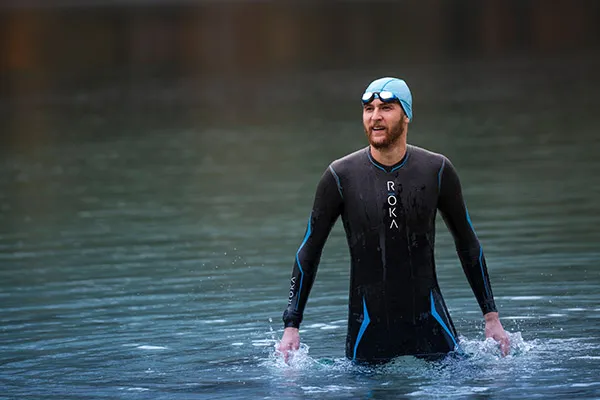
How did I get here?
Hey there! My name is Andrejs and I am here to inspire, entertain and get you fit for any adventure.
I went from being an over trained pro athlete to an endurance coach sharing how to listen to your body and live life to the fullest.
Traveling, new sports & activities brought new meaning to my training and made it much more effective, fun and enjoyable. And I'm here to help you do the same.

